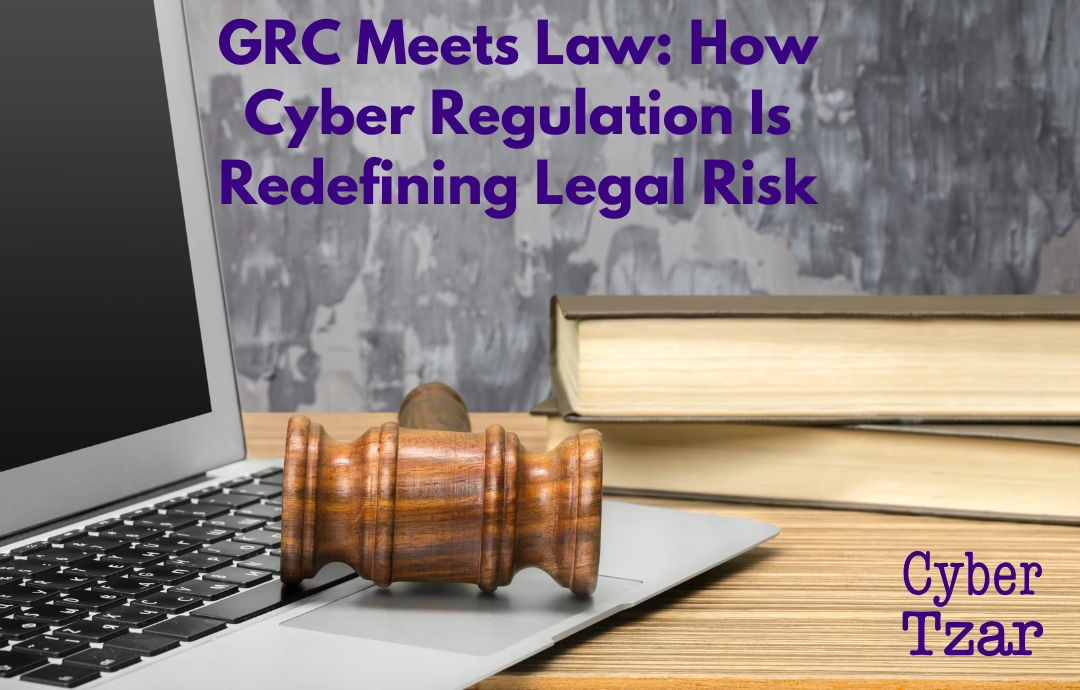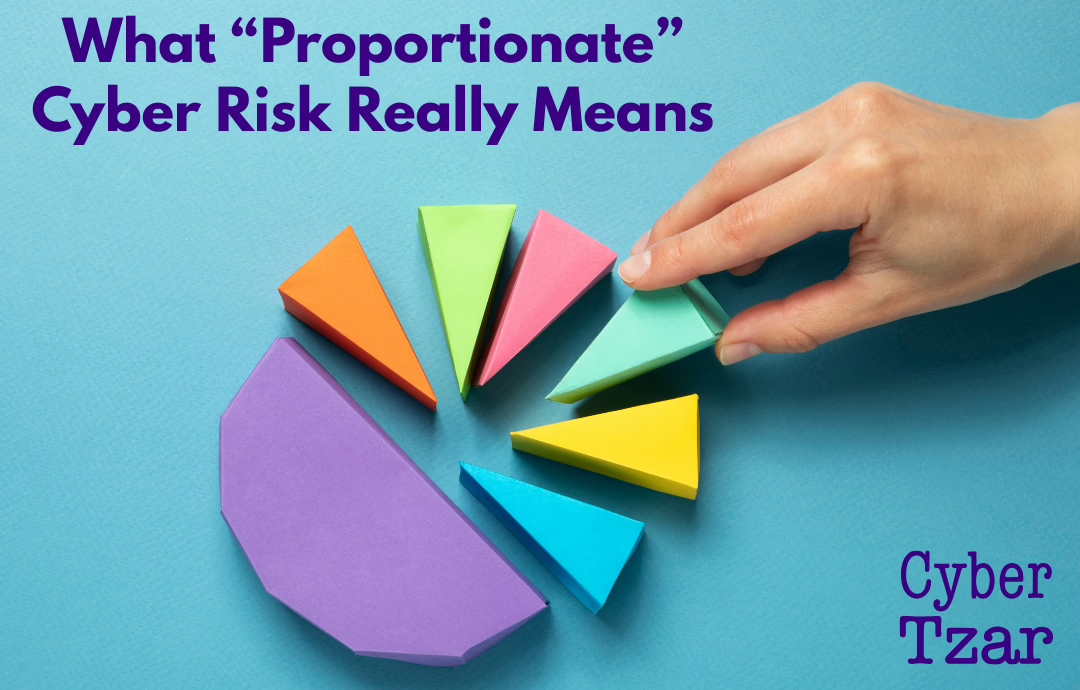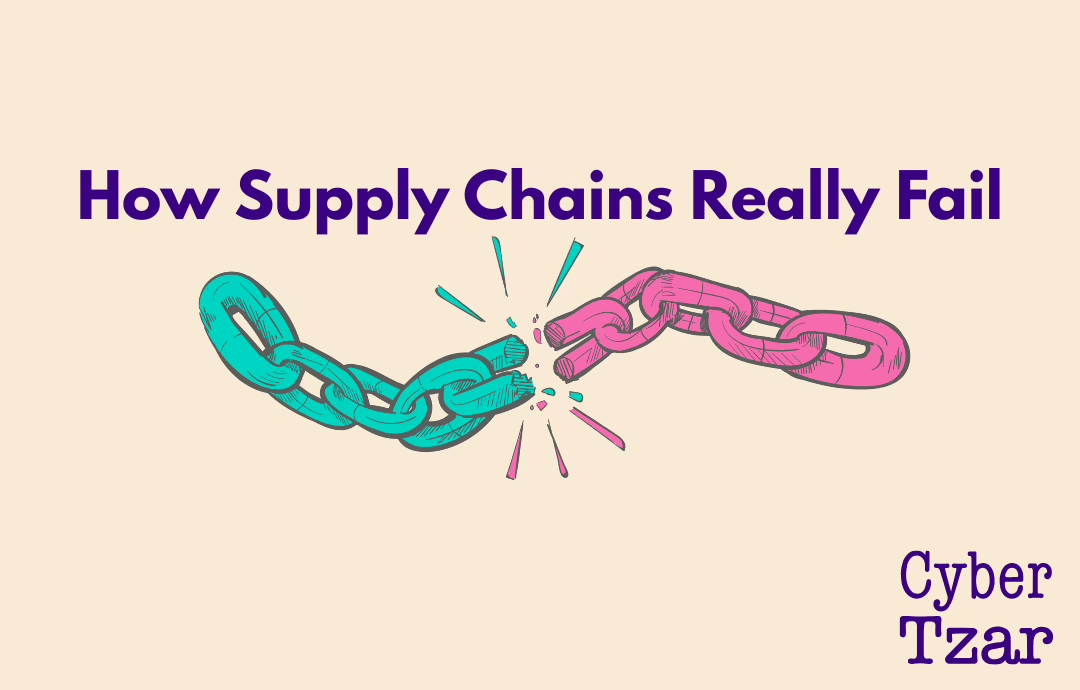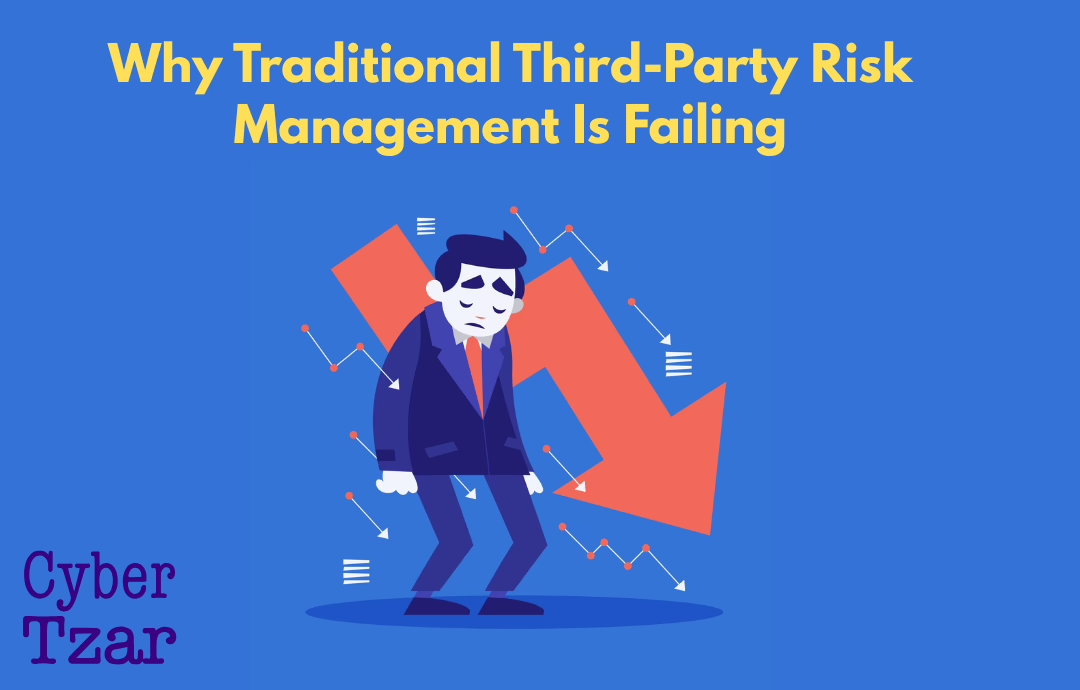It’s no longer just IT’s problem. The growing wave of cyber regulation — from data protection laws to digital resilience directives — has pulled legal teams directly into the heart of cyber governance.
For risk officers, general counsel, and law firm partners, this shift means one thing: if you don’t understand your organisation’s cyber posture, you can’t manage its legal exposure.
From the GDPR to the Digital Operational Resilience Act (DORA), the legal stakes are no longer theoretical. They’re enforceable, measurable, and — increasingly — non-negotiable.
Why GRC and Legal Can No Longer Operate in Silos
Traditionally, Governance, Risk and Compliance (GRC) functions tracked policy adherence and regulatory frameworks. Legal teams focused on contracts, litigation, and statutory risk.
But in 2025, the two are colliding. Why?
📋 Cyber clauses are now in every major contract
🧑⚖️ Directors are personally accountable for regulatory failures
📢 Breach notification windows have shrunk dramatically (24–72 hours)
📊 Due diligence now includes cyber risk scores and supply chain analysis
The result? Legal teams are being asked questions they never had to answer — about encryption, threat detection, and third-party monitoring.
What Legal Risk Now Includes
Modern legal risk in a cyber context means:
-
Failure to meet regulatory obligations – Under the GDPR, DORA, PECR, or sector-specific rules
-
Breach of contract – Where SLAs or security terms are not met
-
Negligence claims – When foreseeable cyber risks go unaddressed
-
Reputational damage – From poor breach response or regulatory fines
-
Board liability – As regulators push for executive accountability
The Legal Team’s Role in Cyber Governance
Leading legal departments are moving from reactive risk handlers to strategic cyber advisors. This means:
-
Collaborating with CISOs and GRC leads to shape policy and incident response
-
Auditing contracts for cyber clauses, warranties, and indemnities
-
Monitoring regulatory change to anticipate risk and align internal policies
-
Advising on third-party risk where suppliers could introduce liability
-
Ensuring defensibility — being able to show that reasonable steps were taken
How Cyber Tzar Supports Legal and GRC Leaders
At Cyber Tzar, we work with law firms, risk professionals, and in-house counsel to deliver clarity on cyber risk — in ways that support both compliance and contract law.
✅ Visualise exposure across internal systems and supply chains
✅ Generate reports aligned with audit and regulatory frameworks
✅ Benchmark your firm’s cyber posture against sector norms
✅ Identify gaps that could create liability — or breach contractual terms
Whether you’re advising clients or managing internal risk, Cyber Tzar gives legal professionals the insight they need to turn compliance into confidence.
⚖️ Want to see how your organisation stacks up under real cyber scrutiny?
Get a tailored legal-sector scan at cybertzar.com



